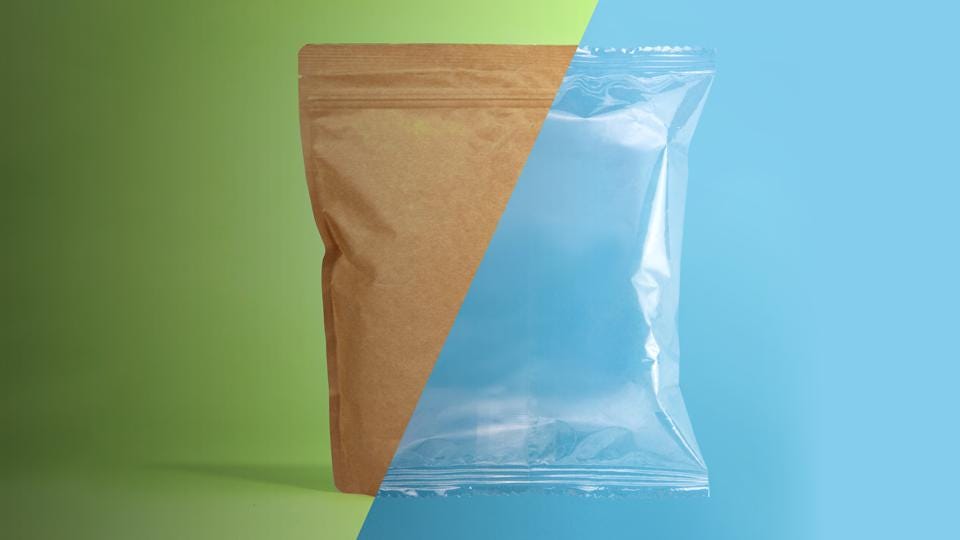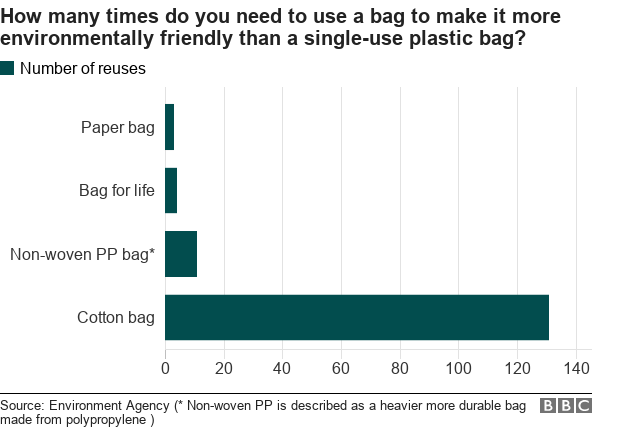There has been a lot of debate about the environmental impact of different types of bags, especially paper bags and biodegradable plastic bags. While both of these options seem like environmentally friendly alternatives to traditional plastic bags, there are several reasons why using paper bags is a better choice.
First and foremost, paper bags are made from a renewable resource: trees. While the production of paper bags requires cutting down trees, responsible forestry practices ensure that new trees are planted to replace those that are harvested. The paper mills from which MK Ecopack sources their raw material are FSC certified, which signifies that the paper comes from responsibly managed forests that provide environmental, social and economic benefits. In contrast, biodegradable plastic bags are typically made from non-renewable resources like petroleum, which are not only finite but also contribute to climate change.
Furthermore, the production of paper bags requires significantly less energy compared to biodegradable plastic bags. The manufacturing process of biodegradable plastic bags requires a lot of energy to create the raw materials and to process them into the final product. In contrast, paper bags can be produced using a much simpler and less energy-intensive process.
Another important factor to consider is the disposal of these bags. While biodegradable plastic bags are marketed as environmentally friendly because they can break down into smaller pieces over time, they still take a long time to decompose, and the process of decomposition releases harmful greenhouse gases into the atmosphere.

“Plastics marked as ‘biodegradable’ do not degrade rapidly in the ocean…. National and international standards have been developed to define terms such as ‘compostable’ and ‘biodegradable’ which refer exclusively to terrestrial systems, most typically to industrial composting in which temperatures are expected to exceed 50°C for extended periods of weeks or months (UNEP 2015a).”
On the other hand, paper bags are easily recyclable and biodegradable in any environment. They can be reused or recycled multiple times, and if they do end up in a landfill, they will naturally decompose over time without causing any harm to the environment.

In addition, paper bags are sturdier than biodegradable plastic bags, making them a more practical choice for carrying heavier items. They are also easier to handle and more comfortable to carry, which can make them a more convenient choice for shoppers.
Finally, using paper bags can help support the local economy. Many paper bag manufacturers are based in local communities, and supporting them can help create jobs and boost the local economy.
In conclusion, while both paper bags and biodegradable plastic bags seem like eco-friendly alternatives to traditional plastic bags, paper bags are a better choice because they are made from a renewable resource, require less energy to produce, are easily recyclable and biodegradable, sturdier, and can support the local economy. Therefore, if you are looking for an environmentally friendly bag option, you should consider using paper bags instead of biodegradable plastic bags.
